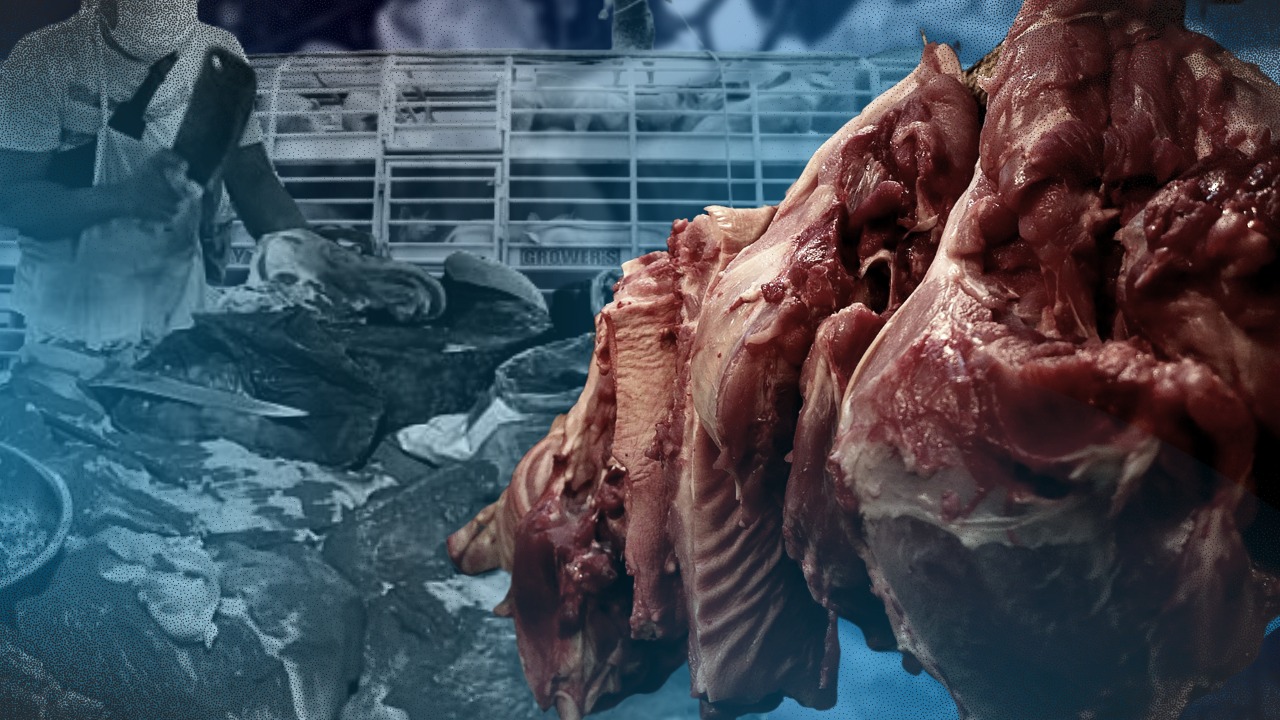In Cotabato, hog industry loses P15.8M to ASF
KIDAPAWAN CITY, COTABATO, Philippines — The Provincial Veterinary Office in the province of Cotabato reported the resurgence of African swine fever (ASF), causing about at least P15.8 million in damages to the local hog industry this month, local authorities said on Monday.
Eliseo Mangliwan, the ASF focal person in the province, on Monday said ASF cases had affected 24 villages in the towns of Tulunan, Makilala, President Roxas, Antipas, Pigcawayan and Matalam and the province’s capital town Kidapawan City, affecting 156 hog raisers.
He clarified, however, the cases were still considered “manageable” and could not yet be considered an outbreak because it affected mostly isolated and remote villages.
READ: ASF vaccine ready for government use by September – DA
He said this was the third wave of ASF infection in the province, after similar cases occurred in 2019 and 2022.
Article continues after this advertisementHe said blood sampling of infected pigs in Antipas in June confirmed the infection, followed by Makilala and other towns in the first week of July.
Article continues after this advertisementLocal officials immediately conducted culling in Barangays Poblacion and Magsaysay in Antipas on June 25. At least 183 pigs were also culled in Kidapawan City on Saturday, according to Dr. Eugene Gornez, the city veterinarian.
To prevent the spread of the disease, the Kidapawan City Veterinary Office has prohibited the transport of pork and pork products from the affected areas, particularly from the city’s Barangay Singao, while in nearby Makilala town, the mayor halted the sale of pork meat in their public market, which explained the absence of pork meat there on Monday.
Gornez said they also suspended the slaughtering of hogs in the city’s slaughterhouse.
Mangliwan said authorities were yet to identify the source of the infection, especially as most of the affected hog raisers had strictly followed biosecurity protocols, including the setting up of nets, walls and foot baths within their piggeries as protection against diseases in the hog industry.
